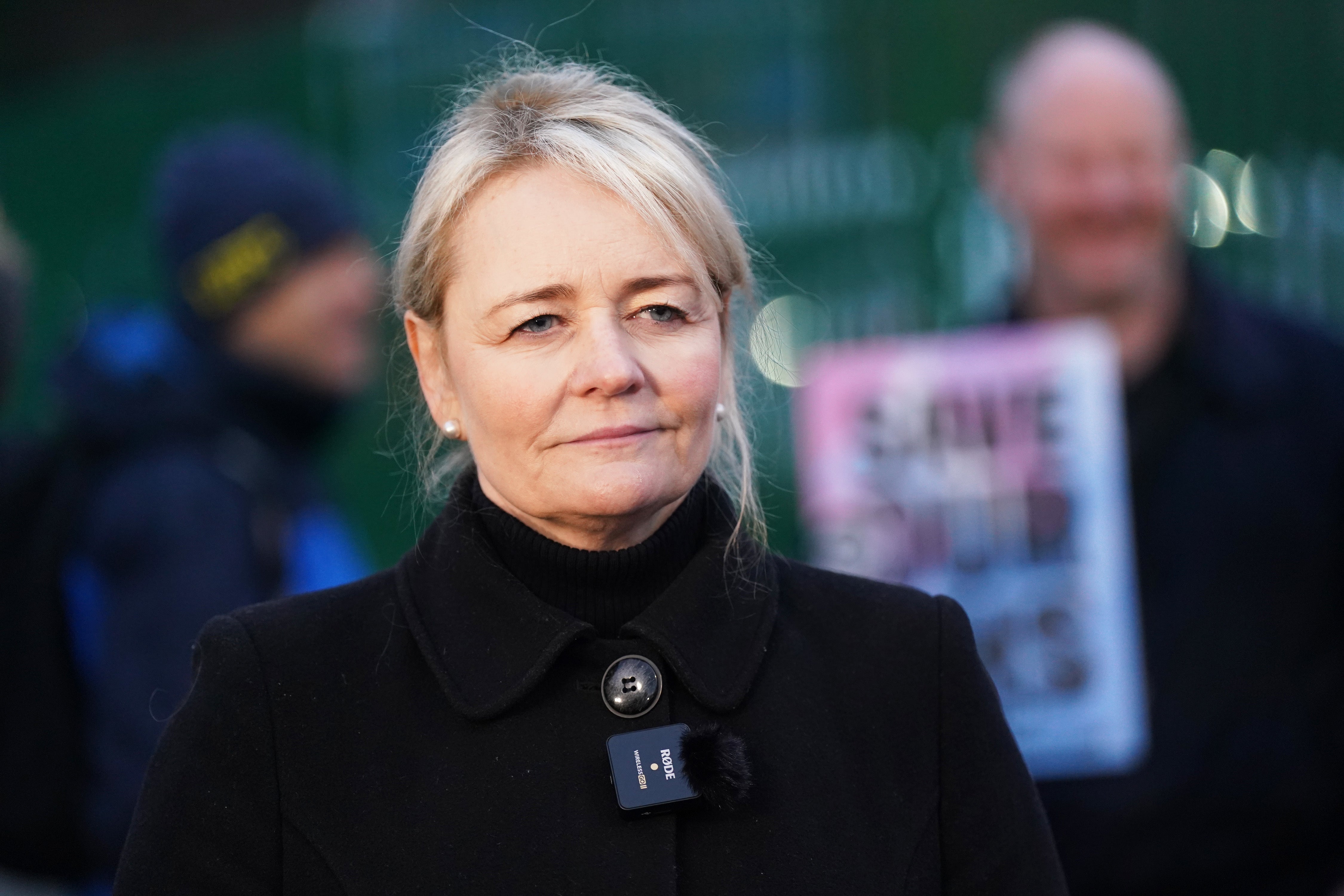Starmer will have ‘no honeymoon period’ warns boss of UK’s biggest union
Keir Starmer’s new Labour government is facing an immediate challenge from the trade unions on the left to tear up his promises over economic stability
The leader of Britain’s biggest union has thrown the gauntlet down to Sir Keir Starmer and his government over economic policy just 48 hours into his government.
Sharon Graham, the general secretary of the Unite union, has demanded that Labour “borrows to invest” and brings in a protectionist policy of only using British steel for public sector projects in the UK.
She told BBC’s Laura Kuenssberg that “there will be no honeymoon period” for Starmer and his government.
The discussion came as the new business secretary Jonathan Reynolds answered questions on Tata Steel’s plant in Port Talbot, which is in danger of being closed down in days, with 2,800 jobs at risk.

She said:”I am glad we have a Labour government [but] I am the leader of a trade union and my main focus is jobs, pay and conditions for workers.
“So I am either going to be seen as a critical friend or a pain in the proverbial.”
Ms Graham and Unite had refused to back Labour’s manifesto believing it did not go far enough on workers’ rights and protecting jobs in an early shot across the bows for Sir Keir.
Ms Graham said: “It’s my job to make sure we have feet to the fire on this.”
She warned the “devil will be in the detail” and claimed “the problem is that when we talk about investment there is never a jobs guarantee attached.”
In a full frontal attack on new chancellor Rachel Reeves’s promises to keep a tight control of public expenditure to avoid inflationary pressures, she warned that Labour will need to rip up the fiscal rules.

“We will have to borrow to invest in British industry; that is going to have to happen.”
Sir Keir and Ms Reeves have insisted investment can only come with economic growth but Ms Graham said there is not time to wait for that.
She said: “Since 1997 the fiscal rules have changed nine times, when we change them then there is opportunity. We are going to have to borrow to invest, we cannot wait for growth.”
Unite wants the UK to borrow up to the same limits as the US: 127 per cent of GDP rather than the UK’s 99 per cent.
Former Tory leader Michael Howard warned that this is only possible in the US without a spike in inflation because the US dollar is a reserve currency.
Earlier, Mr Reynolds said that “job guarantees” would be part of the negotiations between the government and steel giant Tata about its Port Talbot site.
Tata has shut down one of two blast furnaces at its biggest plant under its plans to switch to a greener form of production. The second blast furnace is due to be shut down in September.
Mr Reynolds said: “There is a better deal available for Port Talbot and the steel industry as a whole.” He told the BBC’s Sunday With Laura Kuenssberg: “I do want things in exchange for money we’ll co-invest with the private sector around jobs and technology.
“I think that’s a reasonable way to make sure public money is being well spent and I believe there are things, capacities, the steel industry needs in future that could be part of that conversation and that’s what I’ll be having in the next few days.”
He added: “I’m going to make sure that job guarantees are part of the negotiation that we’re having.”
Join our commenting forum
Join thought-provoking conversations, follow other Independent readers and see their replies
Comments
Bookmark popover
Removed from bookmarks